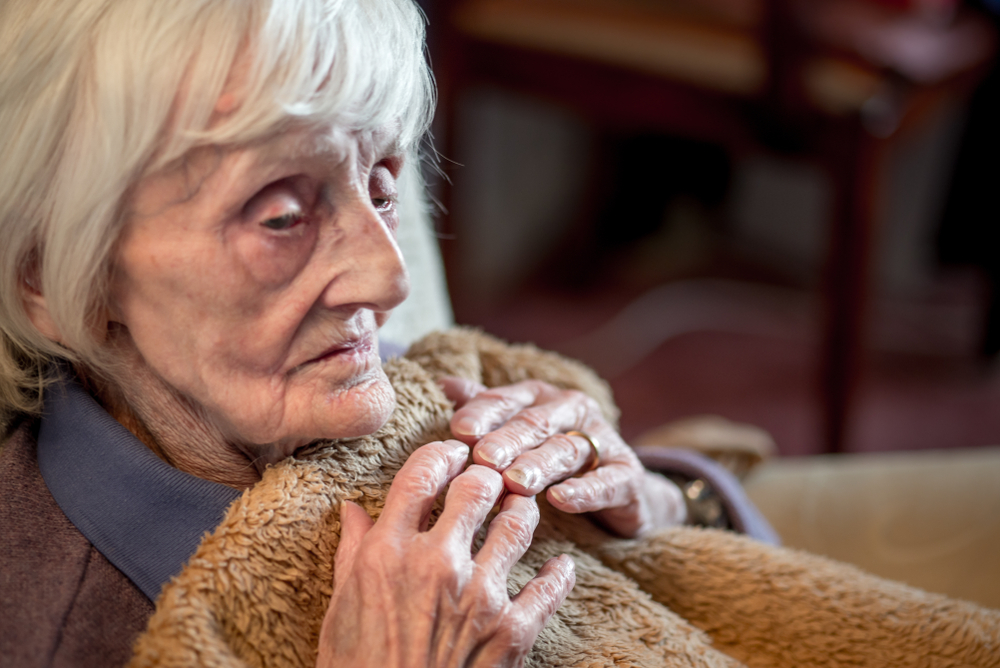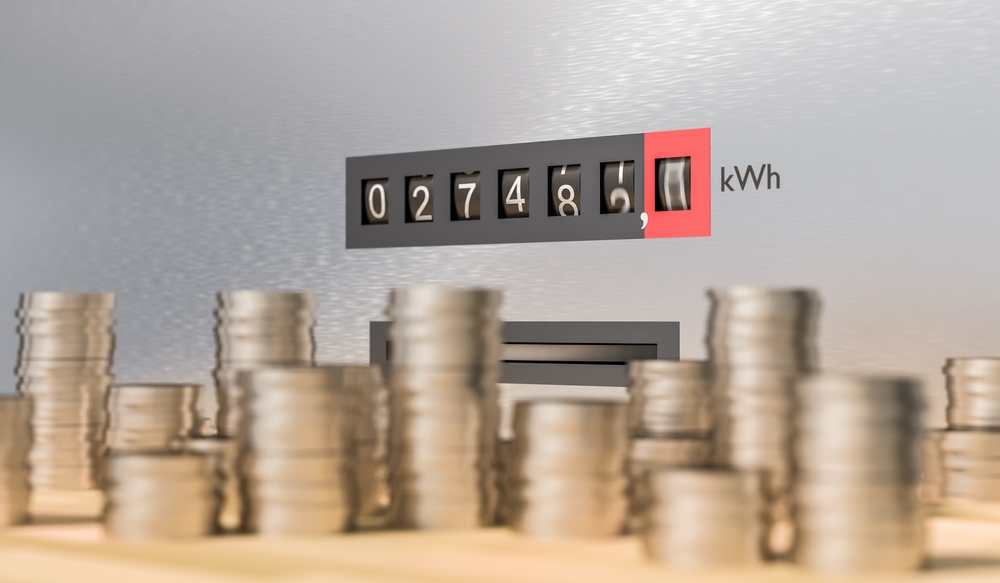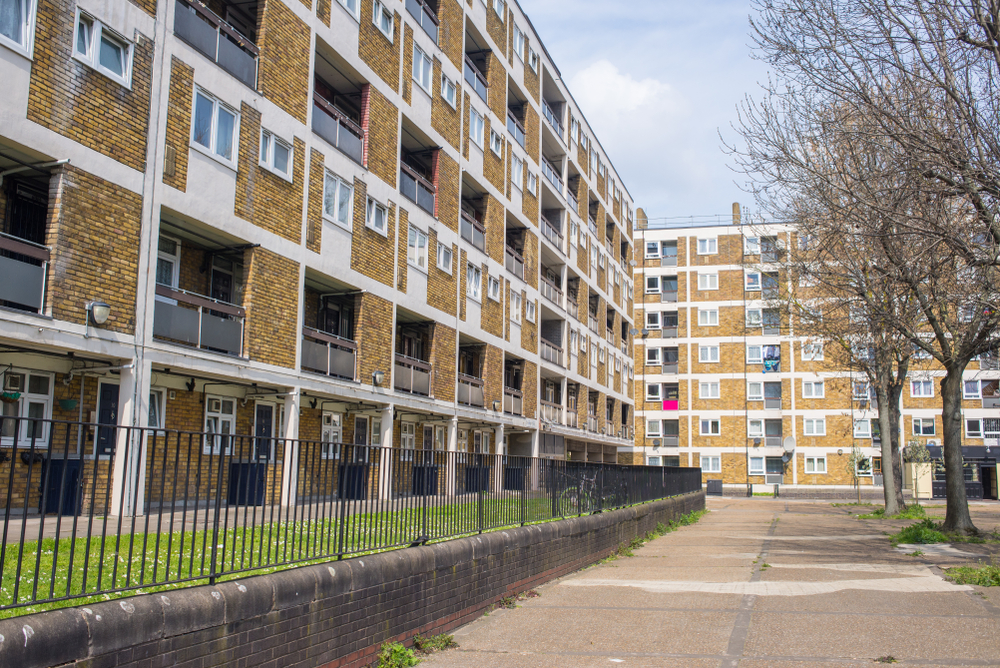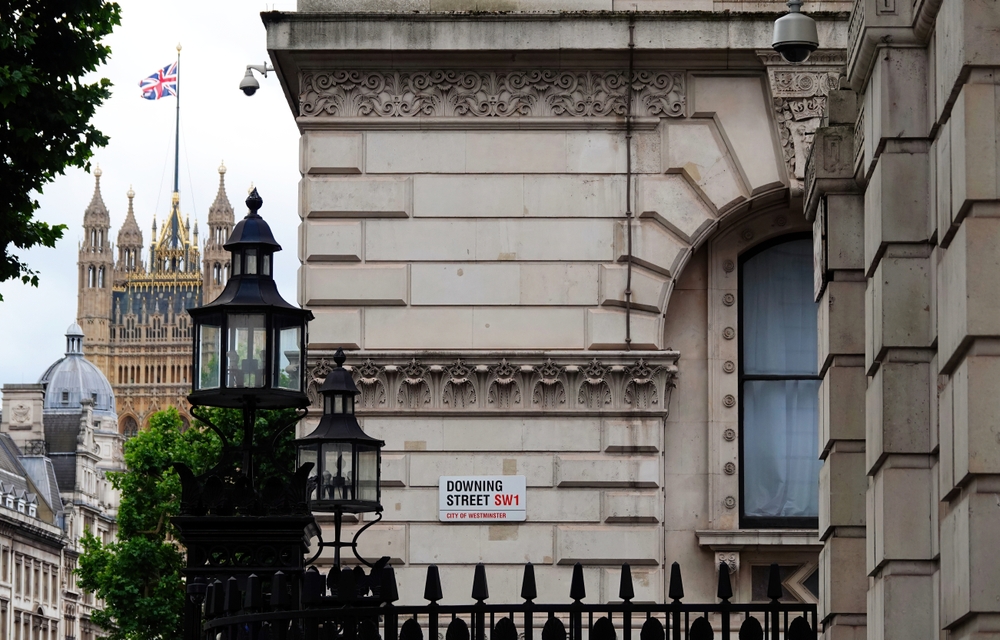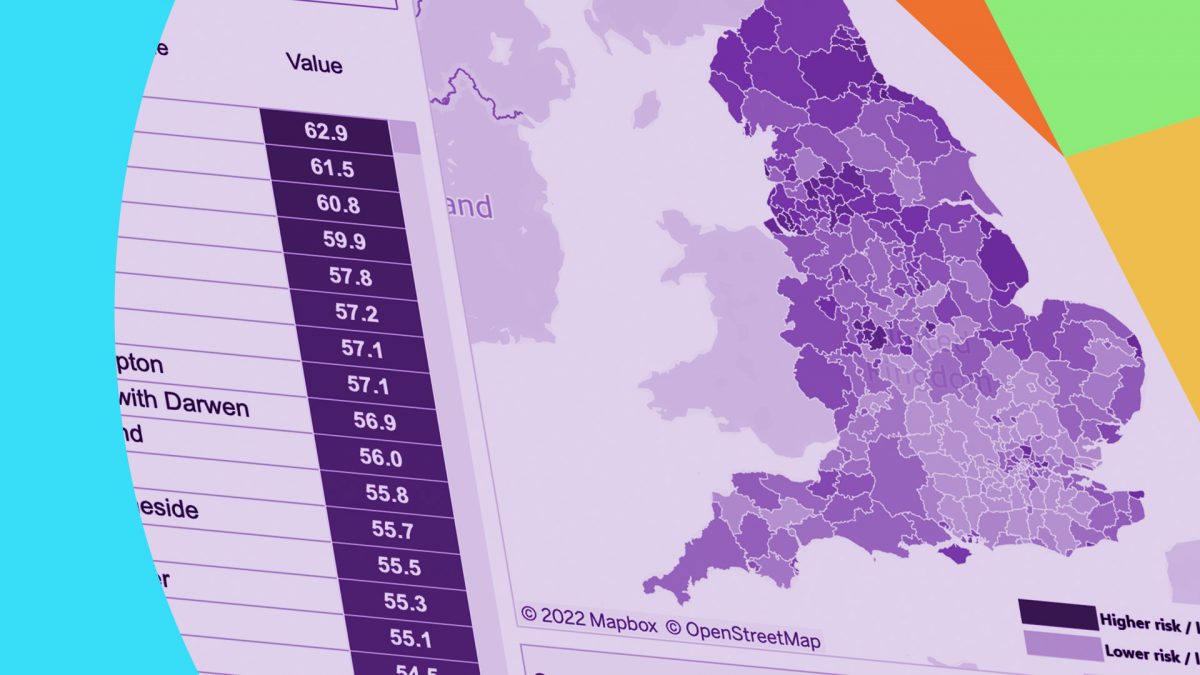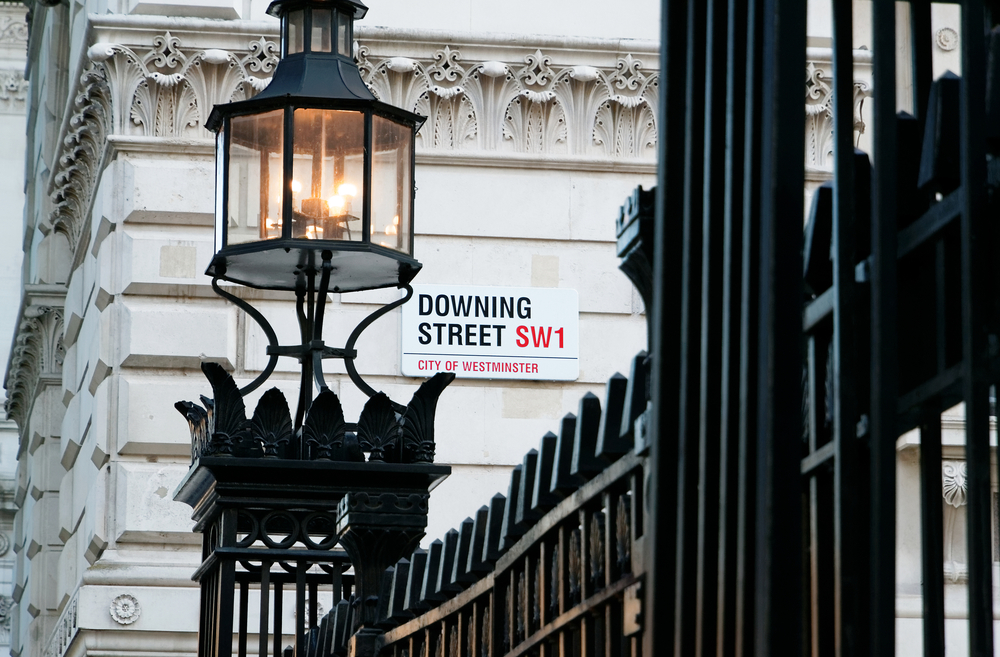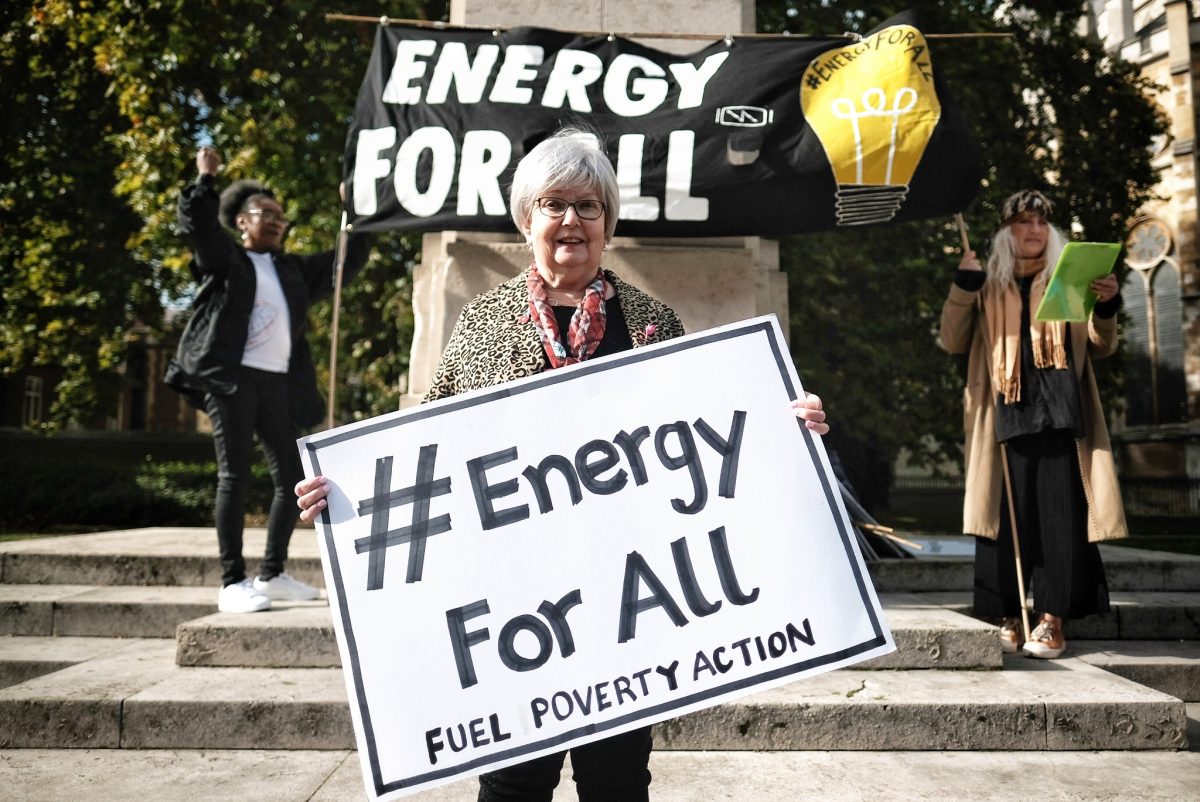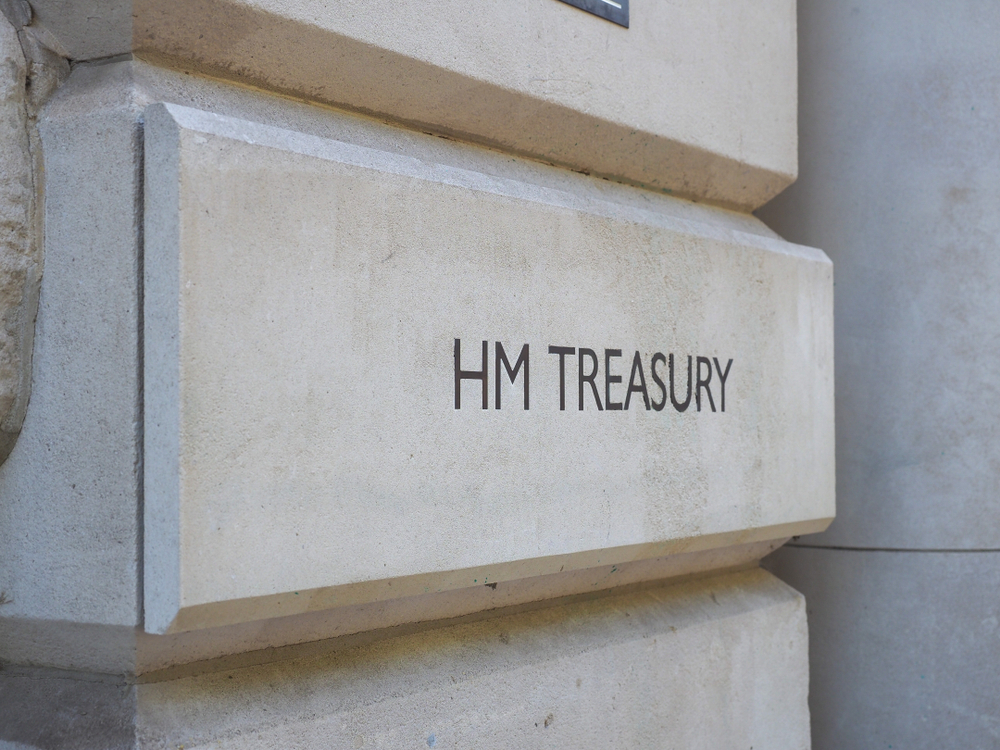Millions of elderly, disabled, young families and those with a serious health condition are spending the winter in cold damp homes, according to new research. [1]
The figures released to mark the Warm This Winter Day of Action, reveal 15% of vulnerable people have now “self-disconnected” by massively reducing their energy supply. A further 51% are now rationing – and somewhat reducing – their energy consumption.
As a result, almost a quarter (22%) of vulnerable people are now living in cold damp homes – with many of these (37%) experiencing such conditions for the first time this winter.
By comparison, 12% of the general population have self-disconnected and a further 50% are now rationing use, while 19% of the general public are now living in cold damp homes.
Anne Vivian-Smith from Nottingham will be sharing her story at the Warm This Winter rally against fuel poverty in London on 3 December 2022. Anne commented:
I spend my day sitting in the cold with four thermal layers, two blankets, and a hot water bottle. But if you’re immobile and don’t generate your own heat you can’t retain your own heat.
We just found out the cost of heating a room for one hour is £2. So if I put the heating on for an hour in the morning and an hour in the evening that’s nearly £30 a week, £122 a month. Just for heating.
It’s impossible to afford that. Ceiling hoists, powered wheelchair, electric profiling bed and a motor assistive front door all add to cost.
Worse still is my electric Closomat loo – it’s costing me 30 pence to spend a penny!
Non-disabled people don’t face this level of humiliation, but this is the reality for many of us who use medical equipment or need extra help to get around.
I’ve become one of those people spending time on the bus.
I hadn’t appreciated the level of distress the cold is causing me until I recently had the opportunity to be in the warm for a bit. The project then closed so the chance was taken from me. I’m really struggling to lose all the negative feelings it’s caused.
The research goes on to show that Anne is not alone.
Over a third (38%) of vulnerable people have seen their mental health decline as a direct result of their bills.
Just as worryingly, 44% of people with a health condition or disability have seen their condition deteriorate over the last three months.
To mark the Warm This Winter Day of Action, events at over 40 locations around the UK will take place. These range from public rallies and occupation of public spaces to “warm up” to creating fuel poverty Christmas cards to send to MPs.
A spokesperson for the End Fuel Poverty Coalition commented:
If people self-disconnect or drastically reduce their energy use, they are at risk from the severe health complications of living in a cold damp home.
People on low incomes have always saved energy, they don’t need the government to tell them how to do so.
But now rising costs are forcing them to go much further, risking their own health by cutting energy use to the point that they are living in a cold damp home.
Children and those who are elderly, disabled or have pre-existing medical conditions are especially vulnerable this winter.
Jelly Moring, Organiser at Parents for Future UK which is one of the organisations staging arts and craft-based events on the day of acton, added:
It is appalling and unjustifiable that millions of vulnerable households are struggling to pay their energy bills and keep their homes warm this winter while energy companies make record profits.
Real action from the government is needed.
Along with providing increased support to those who are suffering the most, it is critical that the government also properly fund home upgrades and replace expensive and volatile fossil fuels with clean, cheap, homegrown renewables.
Only then can we lower bills for households in the long term and keep our families warm in the winter.
Dan Paskins, Director of UK Impact at Save the Children, said:
This report is shocking but sadly not surprising. We know parents on the lowest incomes are deeply worried about how they are going to keep their children warm over the Christmas holidays, and will be making sacrifices.
They might be cooking hot food only for their children and having cold food themselves, or nothing at all.
They’re likely to be turning off the heating in their bedrooms to make sure there’s enough money left to keep their children warm.
With the cost-of-living payments from the UK government not coming in until April, millions of families face a miserable winter where they may struggle to heat their homes.
The UK government needs to step in now and provide cost of living support this winter, and not wait to bring in further measures in the Spring.
Tessa Khan, executive director of Uplift and one of the organisers of the Warm This Winter Day of Action, commented:
This government is clearly failing to fix the energy price crisis when so many households in the UK are rationing their energy use. What’s worse is that Ministers know how to solve it, starting with urgently insulating homes on a scale and with levels of funding that we’ve yet to see.
If the government can subsidise oil and gas companies to the tune of many billions to develop new North Sea fields, which by the way will do nothing to help people, it can and must plough equivalent amounts into insulating homes, which is guaranteed to reduce people’s bills and make sure the elderly, disabled, parents with small children can stay warm this winter.
Ruth London of Fuel Poverty Action said:
There is growing anger at the absolute poverty so many people are facing now – it feels like going back to Victorian times. And why?
There is plenty of money.
Energy corporations are making eye-watering profits from the money we are paying them. Patriotic Millionaires are crying out to be taxed. And meanwhile people are dying in cold, uninsulated homes.
Fuel Poverty Action is fighting for Energy For All – enough energy free for each home to cover the basics like heating and lighting, paid for by windfall taxes, ending the millions spent daily on fossil fuel subsidies, and higher tariffs for luxury or wasteful energy use.
ENDS
Image from Shutterstock posed by actor.
[1] 2,198 people interviewed between 29-30 November 2022. Results were weighted to be representative of the UK population.
The UK Population aged 18 or over stands at 52,890,044 (ONS). Of these 60.04% (31,755,182) are classed as being vulnerable (i.e. having a disability, long term lung, heart or mental health condition, being aged over 65 or having a child aged 0-6 in the home). Of these 22.02% (6,992,491) are living in a cold damp home.
Of these 37.18% (2,599,808) are experiencing living in a cold damp home for the first time this year (this represents 8.2% of all vulnerable people).
Among the general population 3,914,224 are living in cold damp homes for the first time (7.4% of total UK population).

